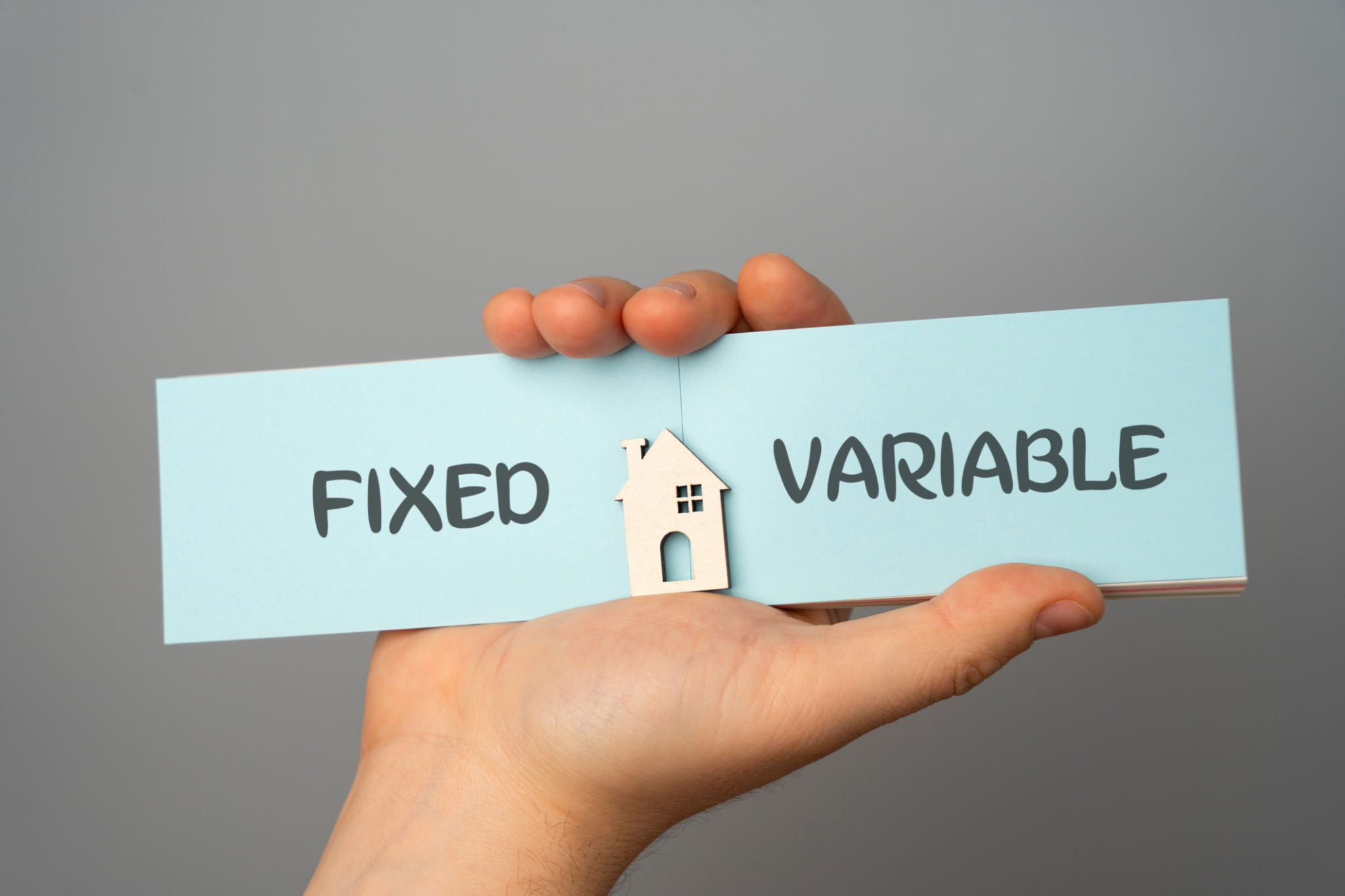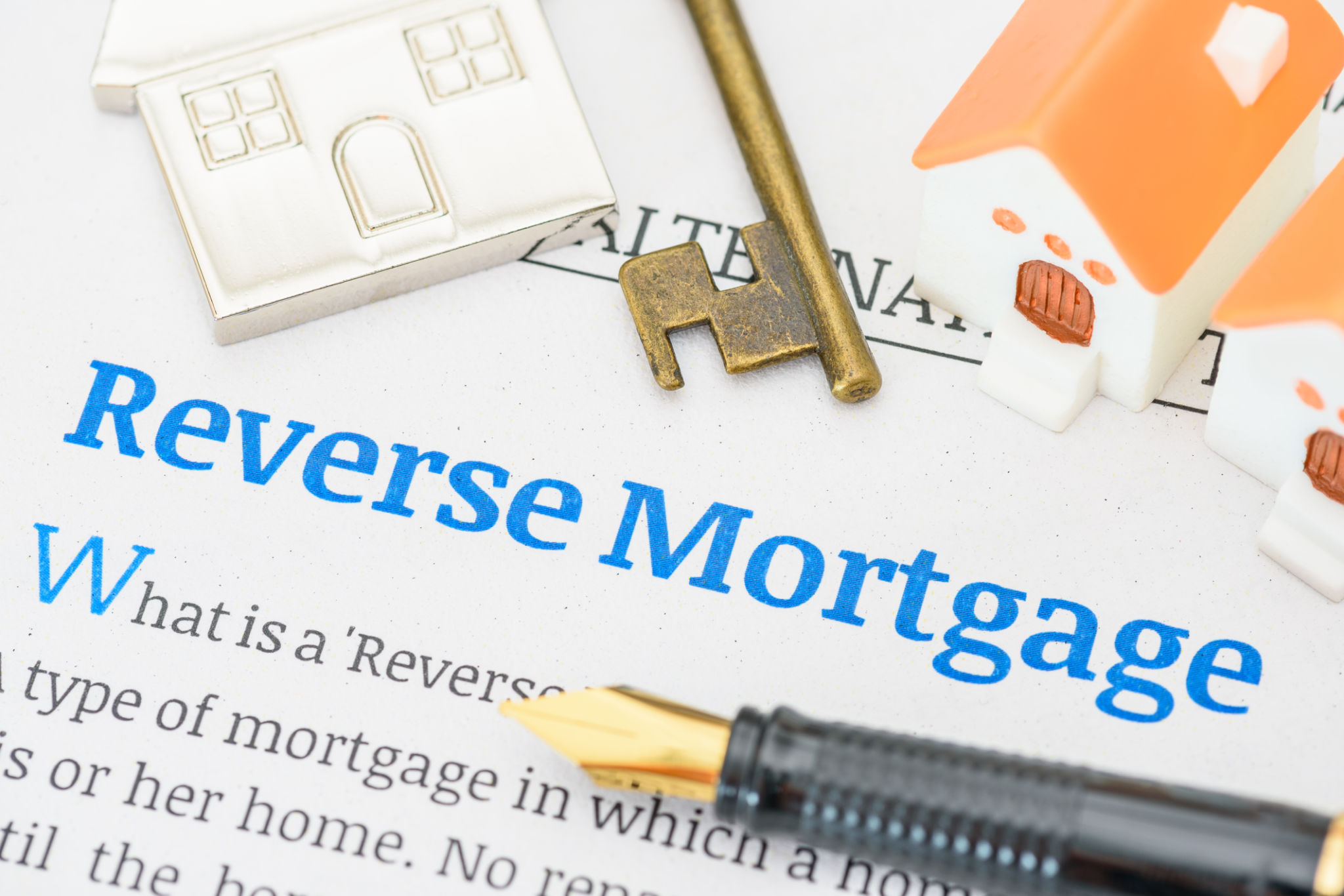The Pros and Cons of Current Mortgage Options in Canada
Fixed-Rate Mortgages
In Canada, fixed-rate mortgages are a popular choice among homeowners. These mortgages offer a set interest rate that remains constant throughout the entire term of the loan, providing stability and predictability in monthly payments. This option is particularly beneficial for those who prefer to have a clear understanding of their financial commitments.
Pros: The primary advantage of a fixed-rate mortgage is the protection it offers against interest rate fluctuations. Homeowners can budget effectively without worrying about unexpected changes in their mortgage payments. Additionally, fixed-rate mortgages often come with a sense of security and peace of mind.
Cons: On the downside, fixed-rate mortgages can have higher initial rates compared to variable-rate options. This means that if the market rates decrease, those with fixed-rate mortgages might end up paying more than necessary over time.

Variable-Rate Mortgages
Variable-rate mortgages, also known as adjustable-rate mortgages, have interest rates that fluctuate based on market conditions. These mortgages can be appealing to borrowers who are willing to take on some risk in exchange for potentially lower initial rates.
Pros: The main advantage of a variable-rate mortgage is the potential for savings if interest rates remain low or decrease. Borrowers can benefit from lower initial payments compared to fixed-rate counterparts.
Cons: However, the unpredictability of interest rate changes can lead to financial uncertainty. If rates increase, monthly payments can rise significantly, potentially straining a borrower's budget.

Hybrid Mortgages
Hybrid mortgages combine elements of both fixed and variable-rate options. These mortgages typically start with a fixed rate for a certain period before transitioning to a variable rate.
Pros: Hybrid mortgages offer the stability of a fixed rate initially while allowing borrowers to benefit from potentially lower variable rates later. This option can be advantageous for those who anticipate changes in their financial situation or plan to move before the fixed term ends.
Cons: The complexity of hybrid mortgages can be a drawback for some borrowers. Understanding the terms and conditions is crucial to avoid unexpected surprises when the mortgage transitions from fixed to variable.

Open vs. Closed Mortgages
When considering mortgage options in Canada, it's important to understand the difference between open and closed mortgages. An open mortgage allows borrowers to pay off the loan at any time without penalties, offering flexibility.
Pros: Open mortgages are ideal for those who plan to pay off their loan faster or expect to receive funds that will enable them to do so. This flexibility can be particularly appealing in times of financial windfall.
Cons: The trade-off for this flexibility is typically higher interest rates compared to closed mortgages, where early repayment incurs penalties.

Conclusion
Choosing the right mortgage option in Canada involves careful consideration of individual financial circumstances and goals. Whether opting for the stability of a fixed-rate mortgage, the potential savings of a variable rate, or the flexibility of an open mortgage, it's essential to weigh the pros and cons. Consulting with a financial advisor can provide valuable insights and help make an informed decision that aligns with long-term financial objectives.